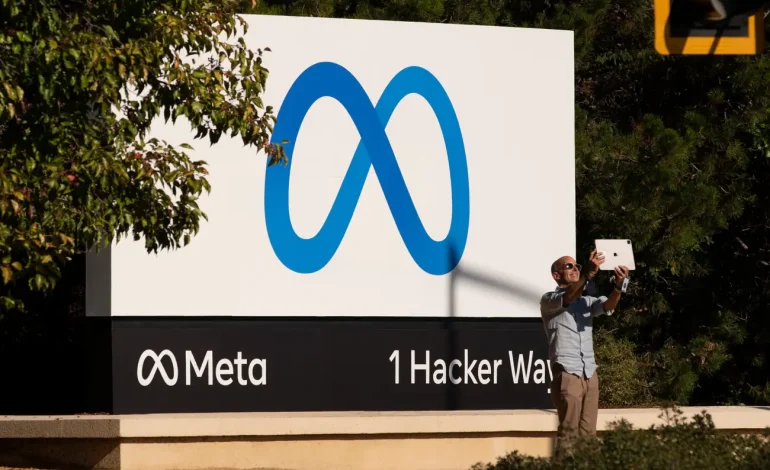Meta CEO Mark Zuckerberg is undertaking a bold and costly campaign to secure elite artificial intelligence (AI) talent, reshaping the market for top-tier researchers and engineers — and challenging the US government’s ability to compete for the same minds.
Through the newly announced Meta Superintelligence Labs (MSL), Zuckerberg is reportedly offering compensation packages for AI researchers that can exceed $100 million in total value during the first year, with some deals reaching up to $300 million over four years. The scale of these offers is reshaping industry norms and intensifying competition across the tech landscape.
Unlike previous phases of Silicon Valley competition, where companies bought entire startups to gain a foothold in emerging technologies, Zuckerberg’s current strategy focuses on recruiting individuals. Meta’s investment in Scale AI, coupled with the appointment of its co-founder Alex Wang as Chief AI Officer, marks a significant pivot. Former GitHub CEO Nat Friedman will also lead product and applied research efforts at MSL.
Zuckerberg has personally met with high-value recruits at his homes, underscoring the hands-on nature of his approach. Eleven additional prominent AI hires were listed in an internal memo, highlighting Meta’s ambition to become a leader in frontier AI development.
This aggressive recruitment strategy has sent ripple effects through the tech industry. Rivals like OpenAI, Anthropic, and Google have scrambled to retain key personnel and address internal concerns. OpenAI CEO Sam Altman responded by emphasizing his organization’s mission-driven culture, while acknowledging that some valuable team members had departed.
Zuckerberg’s move comes amid a broader shift in how AI is valued. Once debated, the potential for generative AI to deliver massive revenues is now more widely accepted. OpenAI claims to have surpassed $10 billion in annual recurring revenue, with projections reaching $174 billion by 2030. Anthropic, another AI firm founded by OpenAI alumni, has also reported rapid revenue growth.
While private tech companies escalate their bidding wars, government agencies face increasing challenges in attracting and retaining AI talent. Lucrative compensation packages in the private sector — often exceeding what professional athletes earn — make public service far less attractive to highly skilled researchers. In contrast, countries like China continue to direct national talent toward state-run AI initiatives.
Meta’s wage data, disclosed in US Department of Labor filings for foreign workers, offers a glimpse into its broader pay structure:
AI Research Engineer: Up to $440,000 in base salary
Software Engineer: Up to $480,000
Product Manager: Up to $314,159
UX Researcher: Up to $350,000
These figures exclude equity, bonuses, and other incentives that can significantly increase total compensation. Other companies, including emerging startups, are also offering base salaries in the high six-figure range, with some exceeding $500,000.
While the AI race promises long-term returns, some analysts question whether the current spending levels are sustainable. Meta has invested heavily in its large language model, Llama, but faces competition from ChatGPT, Claude, and Gemini. The Wall Street Journal has reported hesitancy among some researchers to join Meta due to its slower progress in generative AI.
Still, Zuckerberg’s bet mirrors past pivots, such as his company’s swift realignment toward mobile platforms in the early 2010s. This time, however, he’s focusing not on acquiring companies, but on assembling an elite team — a “dream roster” he hopes can secure Meta’s place in the next era of AI development.
With input from Axios and Business Insider.










The latest news in your social feeds
Subscribe to our social media platforms to stay tuned